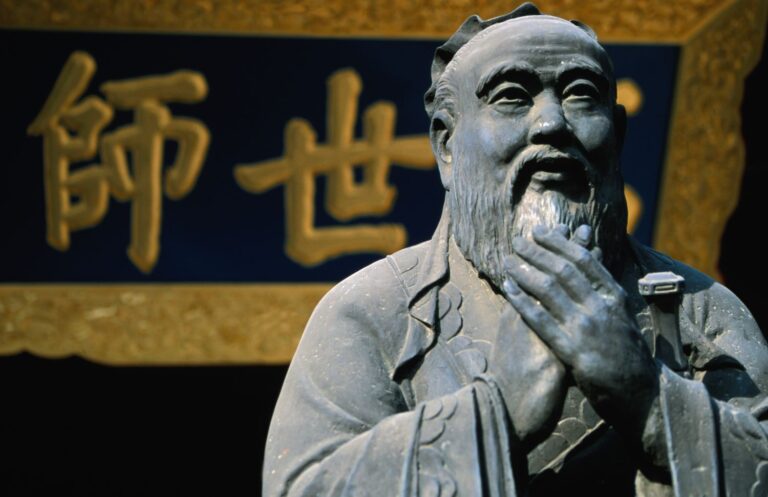Transcript
Daoism, also known as Taoism, remains one of Asia’s most influential philosophies to this day. It is worth examining the implications Daoism may have for business ethics in the 21st century. A key aspect of Daoism is wu-wei, which translates to “non-action” or “effortless action.” Daoists do not seek to dominate situations or force outcomes but rather support and nourish things to let them take their natural course. They respond to and embrace situations in order to achieve harmony.
Another concept in Daoism is “doing what fits” in the circumstances. Daoists believe in not forcing things upon others and not being slaves to fixed standards of right and wrong. If these ideas form the basis of a company’s business ethics, it might entail a more passive style of business rather than an aggressive one. For example, a Daoist firm would probably never engage in a hostile takeover or resort to underhanded tactics like bribery or unfair competition. The key for Daoists is to ensure that all things are in harmony with nature, the surrounding world, and the people.
For instance, a Daoist energy firm would not seek to reclaim parts of the coast to build a coal-fired electricity plant. Instead, they would strive to find what is right for that location, such as developing an innovative product that harnesses the power of waves to generate electricity.
However, the idea of transplanting Daoist philosophy into business has been criticized. Some scholars argue that the idea of wu-wei is incompatible with business and management itself. They believe that management and business are inherently deliberate, active, and purposive. Without concrete and predictable goals, strategies, and priorities, there simply can’t be a business.
Nonetheless, Daoism may still have something to contribute. The idea of walking two paths without insisting on a singular fixed standard might be interesting for managers. For example, the adoption of flexible working arrangements allows employees to set their own workspace preferences while still achieving the company’s agenda. Managers should seek to walk both their employees’ path and the company’s path, rather than solely focusing on firm-wide policies.
Moreover, the overarching idea of the Dao of nature, the single principle that connects all things into one, suggests that firms should reject artificial projects that harm nature and focus on sustainability. Daoist firms would prioritize generating energy with minimal environmental damage and creating products that have the least impact on the Earth. They would also work together with local communities instead of displacing them.
While these surface-level ideas are intriguing, many scholars argue that Daoist business ethics would heavily emphasize sustainability, potentially placing it above profit considerations. However, this raises the question of whether a total focus on harmony with nature and people would be compatible with modern ideas of shareholder value and profitability.
In conclusion, the application of Daoist principles to business ethics is a complex topic. While some aspects align with sustainable practices and a focus on harmony, there are criticisms regarding its compatibility with modern business goals. Further exploration and adaptation would be necessary to fully integrate Daoist philosophy into contemporary business ethics.



